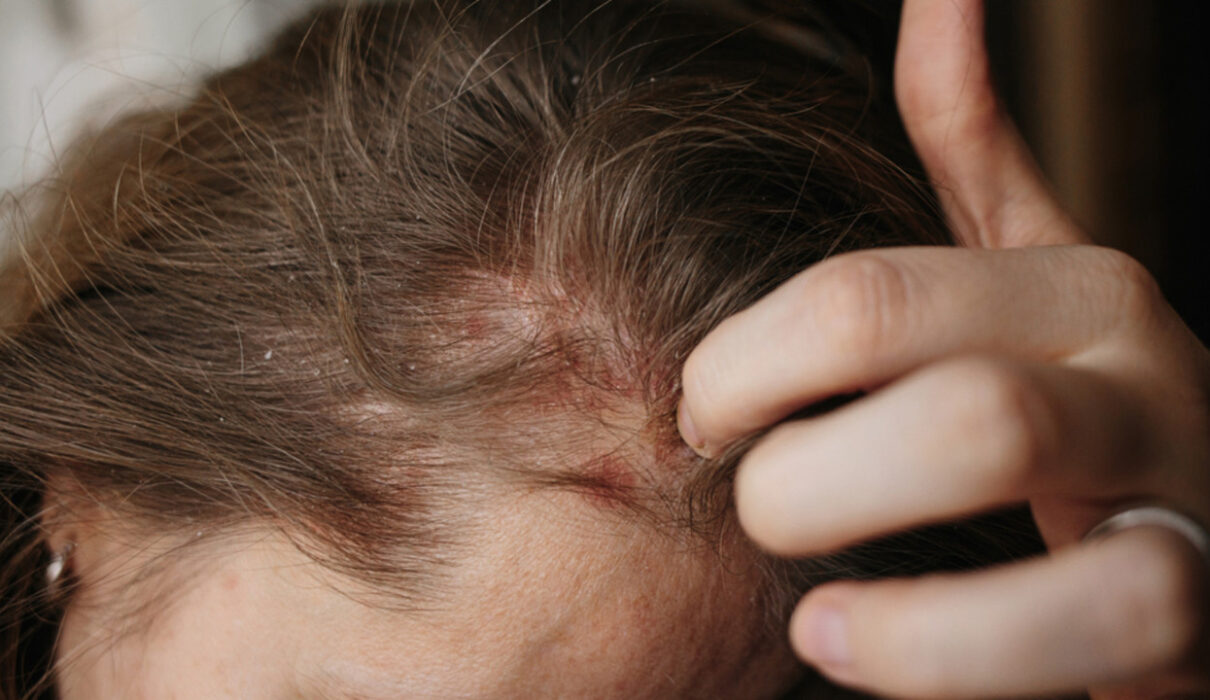Treating hair itch depends on the underlying cause. Here are some general approaches that can help alleviate hair itch:
Maintain scalp hygiene: Keep your scalp clean by washing your hair regularly with a gentle shampoo. Avoid overwashing, as it can strip away natural oils and worsen dryness. Choose a shampoo formulated for your specific scalp condition, such as one designed for dry scalp, dandruff, or sensitive scalp.
Moisturize the scalp: If dryness is the cause of your hair itch, use a moisturizing conditioner after shampooing to hydrate your scalp and hair. Additionally, you can apply a small amount of natural oils, such as coconut oil, jojoba oil, or tea tree oil, to your scalp to provide moisture and relieve itchiness.
Use medicated shampoos: If dandruff or seborrheic dermatitis is the cause of your hair itch, look for over-the-counter shampoos containing ingredients like pyrit***** zinc, ketoc******, coal tar, or selenium sulfide. These ingredients help control fungal growth and reduce scalp inflammation. Follow the instructions on the shampoo bottle and use it as directed.
Avoid triggering substances: Identify and avoid any hair products or substances that may be causing an allergic reaction or sensitivity. This may include certain shampoos, conditioners, hair dyes, or styling products. Read product labels carefully and opt for hypoallergenic or fragrance-free options if you have sensitive skin.
Avoid scratching: While it can be tempting to scratch an itchy scalp, scratching can further irritate the skin and lead to more itching or even infection. Try to resist scratching and instead use gentle pressure or tapping to alleviate the itch.
Manage stress: Stress and anxiety can exacerbate hair itch. Practice stress management techniques such as meditation, deep breathing exercises, regular exercise, or engaging in activities you enjoy to help reduce stress levels.
Seek medical advice: If your hair itch persists or is accompanied by severe symptoms, it is recommended to consult a dermatologist. They can evaluate your scalp condition, provide a proper diagnosis, and prescribe appropriate treatments, including topical medications or oral medications if necessary. Remember, the effectiveness of treatment can vary depending on the cause of hair itch, so it’s essential to identify and address the underlying issue for long-term rel


